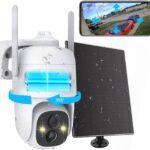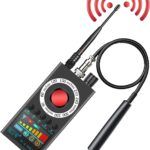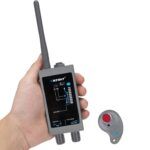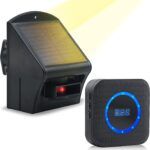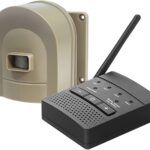A GPS (Global Positioning System) tracker is a device that uses satellite signals to determine the location of a person or object. The device receives signals from GPS satellites in orbit and uses triangulation to calculate the precise location of the device anywhere on Earth. The GPS tracker can then transmit this information to a central server or to a user’s device for real-time monitoring of the device’s location. GPS trackers can also store location data over time, providing a detailed history of a device’s movements. GPS trackers can be used for a variety of purposes, such as tracking the location of vehicles, people, pets, or assets like equipment or packages.
GPS trackers can be passive or active. Passive GPS trackers simply record location data and store it for later retrieval, while active GPS trackers transmit location data in real-time or at set intervals. GPS trackers can be integrated into a wide range of devices, from standalone GPS trackers to smartphones, fitness wearables, and more. GPS trackers are widely used in fleet management, logistics, personal safety, and other applications where real-time location data is critical.











